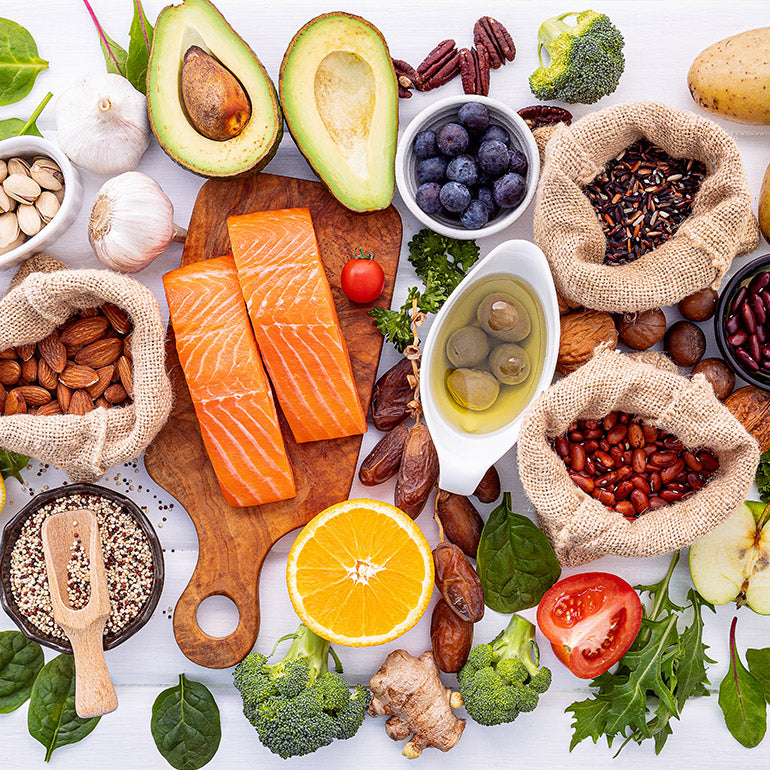How to get the most out of the food that you consume!
When we think about diets it may conjure up feelings of deprivation. When we consider exercising regularly it can seem like it’s going to take up too time and require too much effort. The trick here is it’s all about mindset, you will need to change your habits slowly, to implement small changes which will equal big results overtime.
Feeling overwhelmed by the number of diets on offer claiming to achieve results?
By looking at different diets and how different food groups can supply you with a variety of nutrients, we can understand how to get the most out of the food we consume. Many diets claim to be scientifically proven to be effective and easy to follow but after a few weeks it may seem like you’re denying yourself the simple pleasures of life.
We need to perceive this change as re-shaping your eating habits and nurturing a positive and flexible relationship with food. It’s important to opt for quality not quantity and savour every bite. Failing to plan is planning to fail, you need to have a strategy. Plan your meals in advance, cook and portion meals into individual serving sizes. This will allow you to avoid temptation in consuming pre-packaged, processed and take away items which are full of additives, preservatives, fats, salt and refined sugars.
Avoid common triggers
Be aware of triggers that may temp you to derail from your goal. A great example is that many smokers associate drinking a coffee in the morning with having a cigarette. Instead of making a coffee in the morning, try a smoothie or freshly squeezed juice. Just the process of making a healthy snack or beverage can distract you from unhealthy habits.
After reviewing the most common diets, there are many similarities that can be found. The most common eating plans include low-carb, gluten-free, predominately whole unprocessed foods, high or completely plant based, low in starches, sugars, artificial trans and saturated fats.
Be aware of the positive and negative food combinations that can affect digestion
The specific combination of foods you eat can have a huge impact on your ability to burn fat and process nutrients. How often you eat can also impact on your metabolism. The environment you live in can play a major role in your ability to lose weight. Your weight can also be affected by life events, work, family, stress, mental health, medication and hormones. You can achieve long-term results through positive habits, work/personal life balance and behaviour change, not restrictive dieting.
Research has shown eating small meals regularly achieves the greatest results and helps with digestion. Our bodies generally find it difficult to process starches and protein at the same time.
Examples of poor food combinations:
- Burgers
- Fish & Chips
- Spaghetti and Meatballs
- Meat & Potatoes
Common symptoms of impaired digestion include:
- Stomach Pains
- Bloating
- Gas
- Indigestion or Heartburn
Here are some suggestions on healthy eating habits:
- Fruit should be consumed in the morning, avoid combining it with starches and protein
- Leafy greens should be a staple with all main meals
- Lunch should be your main meal of the day to allow your body to process it throughout the day
- Dinner should be consumed in the early evening, so it doesn’t sit in your stomach all night
- Raw unsalted nuts, hommus, veggie sticks, dates, grapes, raspberries, watermelon, pears, chia seeds, cottage cheese, tomato, avocado, whole grain crackers, Greek yoghurt and green smoothies are all healthy snacks to consume between meals







Leave a comment